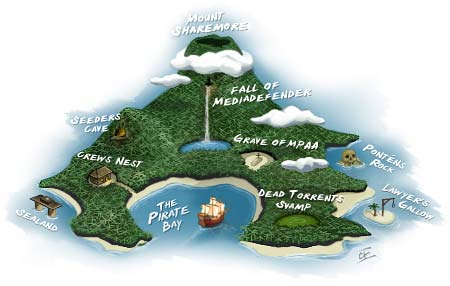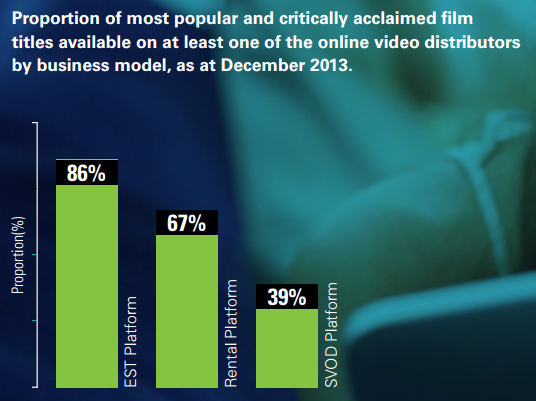Kim Dotcom Is Not a Fugitive, Court Hears
mardi 9 décembre 2014 à 20:23 It’s been nearly three years since Megaupload was taken down by the U.S. authorities but it’s still uncertain whether Kim Dotcom and his fellow defendants will be extradited overseas.
It’s been nearly three years since Megaupload was taken down by the U.S. authorities but it’s still uncertain whether Kim Dotcom and his fellow defendants will be extradited overseas.
As there’s little progress in the criminal case, the U.S. launched a separate civil case asking the court to forfeit the bank accounts, cars and other seized possessions of the Megaupload defendants.
The U.S. claims that these assets were obtained through criminal activities. In a recent motion to strike the DoJ added that Kim Dotcom and his fellow defendants have no right to oppose the forfeiture request as they are fugitives.
“Claimants Bram van der Kolk, Finn Batato, Julius Bencko, Kim Dotcom, Mathias Ortmann, and Sven Echternach, are deliberately avoiding prosecution by declining to enter the United States where the criminal case is pending,” U.S. Attorney Dana Boente noted.
Yesterday evening Megaupload’s legal team filed a response to the Government’s motion, noting that the U.S. heavily distorts the “fugitive” status concept.
The lawyers inform the court that Kim Dotcom and his fellow defendants aren’t trying to avoid prosecution. Instead, they’re remaining in place until the New Zealand court decides over their extradition request.
“These Claimants never fled the United States to evade prosecution. To the contrary, they remain precisely where they have long been residing and carrying out the very business enterprise that the Government characterizes as criminal—in New Zealand.”
“Nor have these Claimants altered their plans so as to avoid return to the United States. To the contrary, they are simply maintaining the pre-indictment status quo and following the rule of law by invoking their rights under the laws and procedures of their home countries, where they had long-planned to remain.”
In a declaration to the court Dotcom emphasizes that he’s currently under supervision of the New Zealand court. He never fled from the United States, in fact, he has never been there in his entire life.
“I have never been a citizen or permanent resident of the United States. I have never visited the United States,” Dotcom writes.
Megaupload’s lawyers ask the court to deny the U.S. “fugitives'” claim or keep it pending until there’s a decision on the motion to dismiss they filed earlier. In this motion they argued that the entire case should be dismissed since the U.S. doesn’t have a statute for criminal secondary copyright infringement.
If the court decides to move forward, Megaupload’s legal team want the “fugitives” claim to be converted to a request for summary judgment. This would allow them to conduct discovery and find out what role the MPAA played in the criminal investigation.
Shortly before the investigation began the MPAA hired former Assistant Attorney General, Cybele Daley, for lobbying purposes. Daley had a budget of over $1 million a year to lobby attorneys at the Department of Justice, and Megaupload’s lawyers want to find out where the U.S. was overreaching.
It’s now up to the Virginia federal court to decide how to proceed. Needless to say, the outcome will have a major impact on Dotcom’s means to fight back.
Source: TorrentFreak, for the latest info on copyright, file-sharing and anonymous VPN services.
 For many years The Pirate Bay has been sailing by the seat of its pants so any downtime is met with concern from its millions of users.
For many years The Pirate Bay has been sailing by the seat of its pants so any downtime is met with concern from its millions of users.
 For many years Australia has been struggling with a reputation for being a nation of file-sharing pirates and throughout the summer the most serious debate thus far consumed the nation.
For many years Australia has been struggling with a reputation for being a nation of file-sharing pirates and throughout the summer the most serious debate thus far consumed the nation.
